Home>Home Appliances>Kitchen Appliances>How Long Does An Electric Kettle Take To Boil
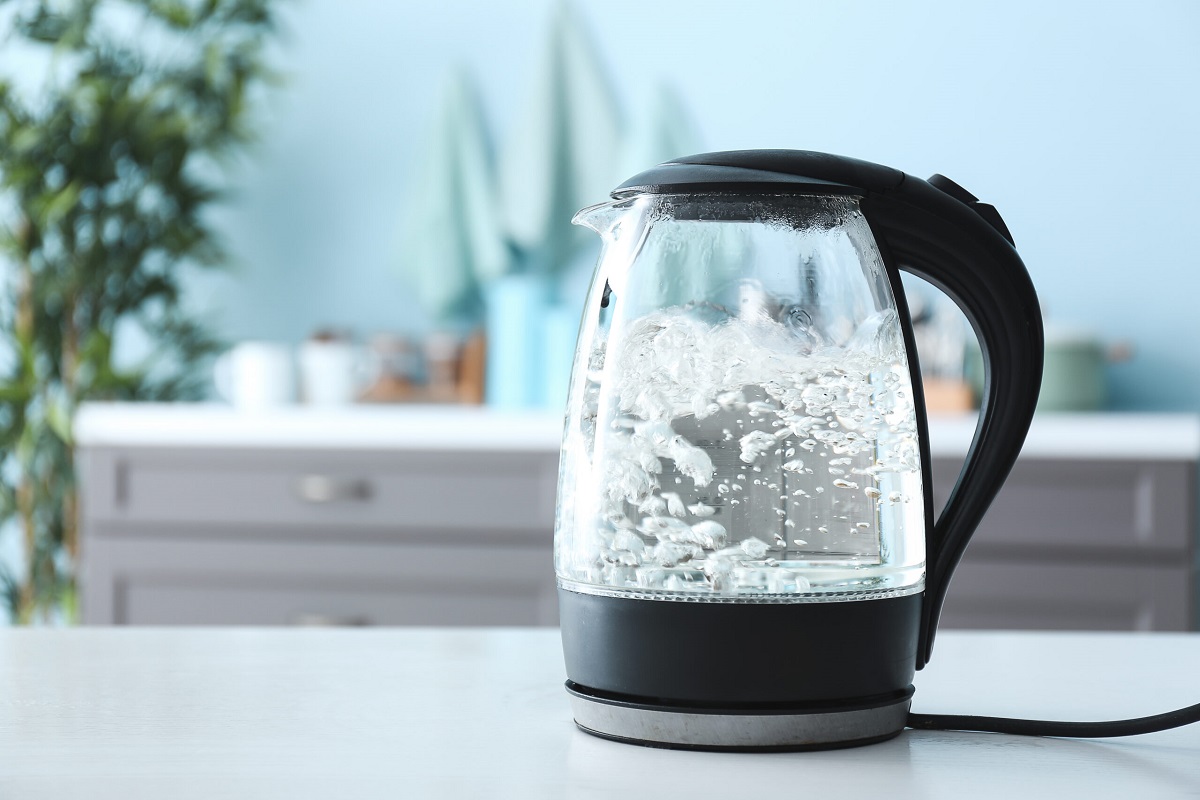

Kitchen Appliances
How Long Does An Electric Kettle Take To Boil
Modified: January 5, 2024
Discover the quick boiling time of electric kettles for your kitchen appliances. Learn how long it takes to boil water and make your favorite hot beverages efficiently.
(Many of the links in this article redirect to a specific reviewed product. Your purchase of these products through affiliate links helps to generate commission for Storables.com, at no extra cost. Learn more)
Introduction
Welcome to the world of electric kettles, where convenience meets efficiency. If you’ve ever found yourself eagerly waiting for the whistle of a stovetop kettle or impatiently checking the progress of a pot on the stove, then the electric kettle is a game-changer you’ll appreciate. The electric kettle has revolutionized the way we boil water, offering quick and hassle-free solutions for your hot beverage cravings, instant noodles, or cooking needs.
One of the most common questions about electric kettles is, “How long does it take to boil water?” This seemingly simple query is influenced by various factors, including the kettle’s heating capacity, the volume of water, and the power source. In this comprehensive guide, we’ll delve into the factors affecting boiling time, explore the heating capacity of electric kettles, and compare their efficiency with traditional stovetop kettles. By the end of this journey, you’ll have a deeper understanding of electric kettles and the time they require to bring water to a boil.
Key Takeaways:
- Electric kettles with higher wattage boil water faster, making them a convenient choice for quick hot beverages or instant noodles.
- While electric kettles offer speed and convenience, stovetop kettles provide control and aesthetic appeal, catering to individual preferences and needs.
Factors Affecting Boiling Time
Several factors play a pivotal role in determining the boiling time of water in an electric kettle. Understanding these factors can help you make informed decisions about the type of electric kettle to purchase and how to optimize its performance.
- Power Rating: The power rating of an electric kettle, measured in watts, significantly influences boiling time. Higher wattage results in faster boiling. Kettles with power ratings ranging from 1500W to 3000W are commonly available, with the higher end offering quicker boiling times.
- Volume of Water: The amount of water being boiled directly impacts the time required. A larger volume will take longer to reach boiling point compared to a smaller quantity.
- Starting Water Temperature: The initial temperature of the water affects boiling time. If the water is already warm, it will reach boiling point faster than water at room temperature.
- Kettle Material: The material of the kettle can influence heat retention and, consequently, boiling time. Stainless steel kettles, for instance, may heat up faster than plastic ones.
- Altitude: Surprisingly, altitude can affect boiling time. At higher altitudes, where the boiling point of water is lower due to decreased atmospheric pressure, water will boil faster than at sea level.
By considering these factors, you can better estimate the boiling time of water in an electric kettle and make adjustments as needed to suit your requirements. Now, let’s explore the heating capacity of electric kettles to understand how it impacts boiling time.
Heating Capacity of Electric Kettles
Understanding the heating capacity of electric kettles is essential for gauging their performance and efficiency in boiling water. The heating element, power rating, and design of the kettle collectively determine its heating capacity, influencing the speed at which it can bring water to a boil.
The heating element, typically located at the base of the kettle, is responsible for converting electrical energy into heat. Most electric kettles feature a concealed heating element, which enhances safety and simplifies cleaning. This design ensures that the entire base of the kettle comes into direct contact with the heating element, promoting efficient heat transfer to the water.
The power rating of an electric kettle is a key indicator of its heating capacity. Kettles with higher wattage boast greater heating power, resulting in faster boiling times. For example, a 3000W electric kettle will generally boil water more rapidly than a 1500W kettle. It’s important to note that while higher wattage contributes to faster boiling, it also implies increased energy consumption.
Furthermore, the design and materials of the kettle can impact its heating efficiency. Kettles constructed from materials with superior heat conductivity, such as stainless steel, facilitate quicker heat transfer to the water. Additionally, the shape and size of the kettle can influence how efficiently heat is distributed, potentially affecting boiling time.
Modern electric kettles often incorporate advanced features to optimize heating capacity and energy efficiency. Some models offer variable temperature settings, allowing users to heat water to specific temperatures suitable for different beverages, such as delicate teas or coffee. This versatility enhances the kettle’s functionality while providing greater control over the heating process.
By comprehending the heating capacity of electric kettles, consumers can make informed choices when selecting a kettle that aligns with their preferences and requirements. Next, we’ll compare the efficiency of electric kettles with traditional stovetop kettles to provide a holistic perspective on boiling water.
“An electric kettle typically takes around 4-5 minutes to boil water. However, the exact time can vary based on the amount of water and the power of the kettle.”
Comparison with Stovetop Kettles
When considering the boiling time of water, it’s natural to compare electric kettles with their traditional stovetop counterparts. Stovetop kettles, often made of stainless steel or other heat-conductive materials, have been a familiar sight in kitchens for generations. While both electric and stovetop kettles serve the same fundamental purpose, they differ in several aspects that impact boiling time and overall convenience.
One of the primary distinctions between electric and stovetop kettles lies in their heating methods. Electric kettles are equipped with built-in heating elements, enabling them to directly convert electrical energy into heat. In contrast, stovetop kettles rely on an external heat source, such as a gas or electric stove, to generate the required heat. This distinction often results in electric kettles boiling water more rapidly than stovetop kettles due to the direct and efficient transfer of heat.
Additionally, the power rating of electric kettles contributes to their efficiency in comparison to stovetop kettles. As mentioned earlier, higher wattage translates to faster boiling times, giving electric kettles a distinct advantage in terms of speed.
While electric kettles excel in speed and convenience, stovetop kettles have their own set of advantages. Stovetop kettles allow for greater control over the heating process, as users can visually monitor the water and adjust the heat source as needed. Furthermore, stovetop kettles are often appreciated for their aesthetic appeal and nostalgic charm, adding a touch of tradition to the kitchen.
It’s important to note that the boiling time of water in a stovetop kettle can be influenced by the type of stove used, the kettle’s material and design, and the intensity of the heat source. Factors such as the presence of a whistle to indicate boiling and the ease of handling and pouring also contribute to the overall user experience.
Ultimately, the choice between electric and stovetop kettles depends on individual preferences, lifestyle, and the importance placed on boiling speed, control, and aesthetics. Both types of kettles have their unique appeal, and understanding their differences can help consumers make informed decisions based on their specific needs.
Conclusion
As we conclude our exploration of the boiling time of electric kettles, it’s evident that several factors influence the efficiency and speed at which these devices bring water to a boil. Understanding these factors empowers consumers to make informed decisions when selecting an electric kettle that aligns with their preferences and requirements.
The power rating, volume of water, starting water temperature, kettle material, and altitude all play crucial roles in determining boiling time. Higher wattage, larger volumes of water, and lower initial water temperatures generally result in longer boiling times. Additionally, the material and design of the kettle, as well as the altitude at which it is used, can impact boiling efficiency.
Delving into the heating capacity of electric kettles revealed the significance of the heating element, power rating, and design in influencing boiling speed. Higher wattage and superior heat conductivity contribute to faster boiling times, emphasizing the importance of these factors in the performance of electric kettles.
Comparing electric kettles with traditional stovetop kettles provided valuable insights into the distinct advantages of each type. Electric kettles excel in speed and convenience, thanks to their built-in heating elements and higher power ratings. On the other hand, stovetop kettles offer greater control over the heating process and evoke a sense of tradition and aesthetics in the kitchen.
Ultimately, the boiling time of water in an electric kettle is influenced by a combination of factors, each contributing to the overall user experience. By considering these factors and understanding the heating capacity of electric kettles, consumers can make well-informed choices that cater to their unique needs and preferences.
Whether you’re a tea enthusiast seeking a quick and efficient way to brew your favorite blends or a busy individual in need of instant hot water for various purposes, the electric kettle stands as a reliable and convenient solution. Its ability to rapidly bring water to a boil, coupled with its user-friendly design, makes it a valuable addition to any kitchen.
So, the next time you’re eagerly waiting for that comforting cup of tea or the perfect bowl of instant noodles, rest assured that your trusty electric kettle is hard at work, swiftly and efficiently bringing the water to a boil, ready to cater to your needs in a matter of minutes.
Frequently Asked Questions about How Long Does An Electric Kettle Take To Boil
Was this page helpful?
At Storables.com, we guarantee accurate and reliable information. Our content, validated by Expert Board Contributors, is crafted following stringent Editorial Policies. We're committed to providing you with well-researched, expert-backed insights for all your informational needs.
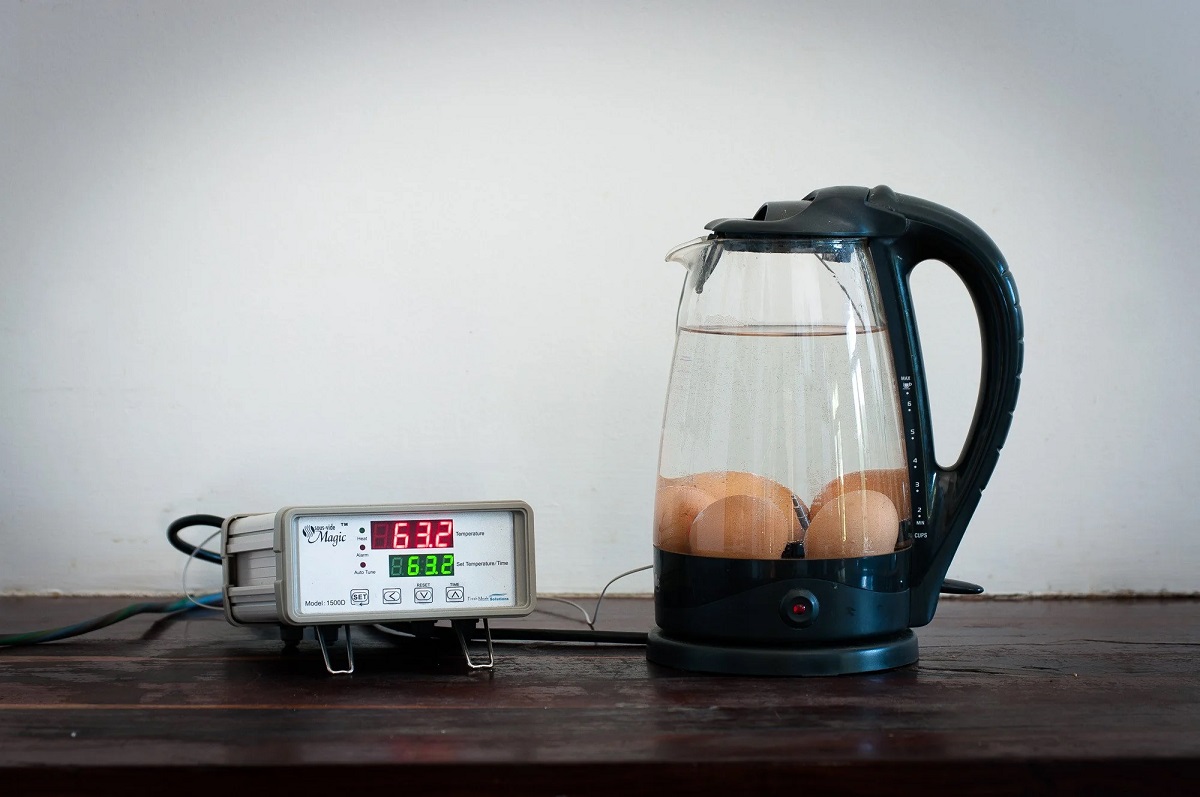
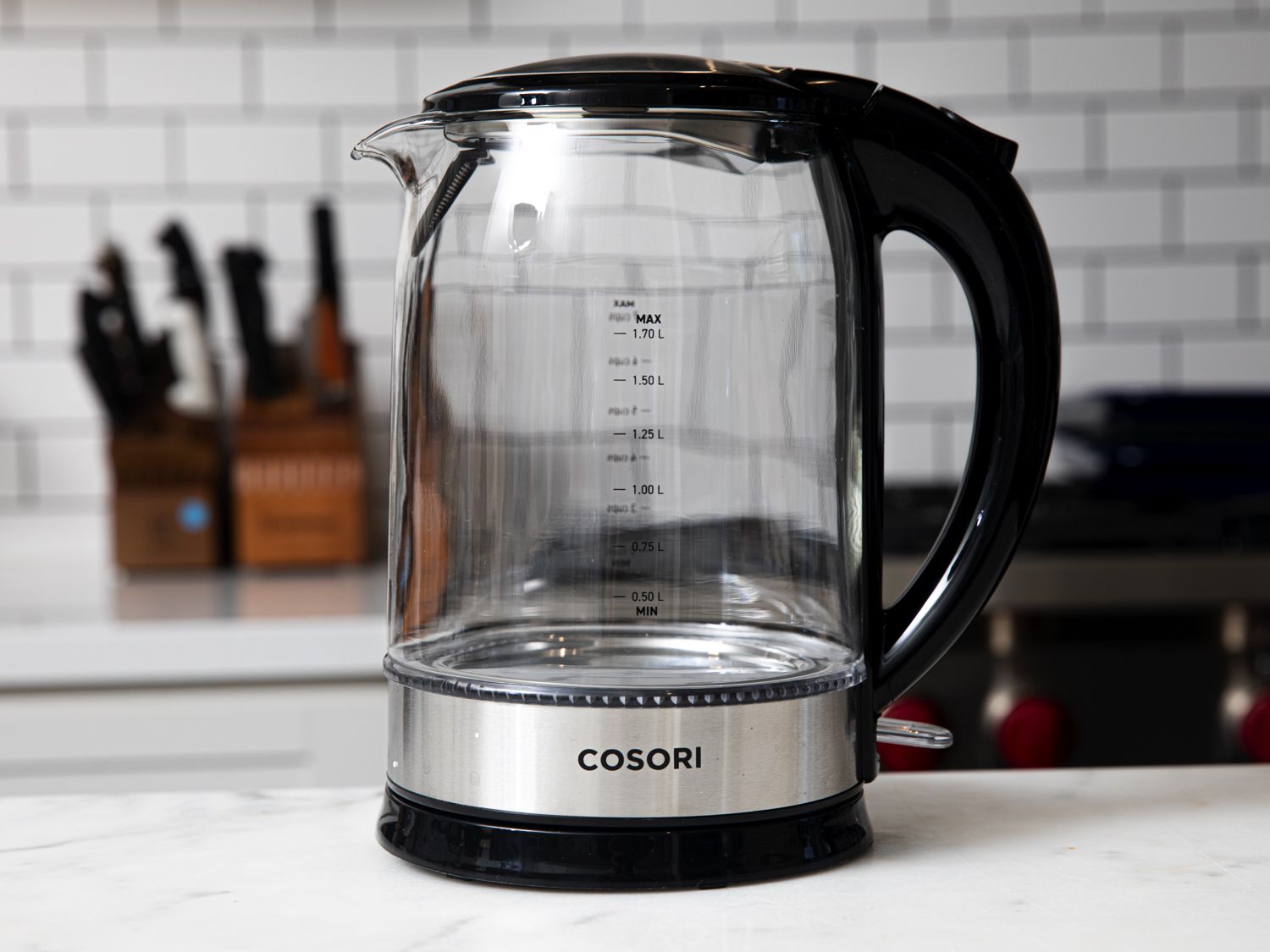
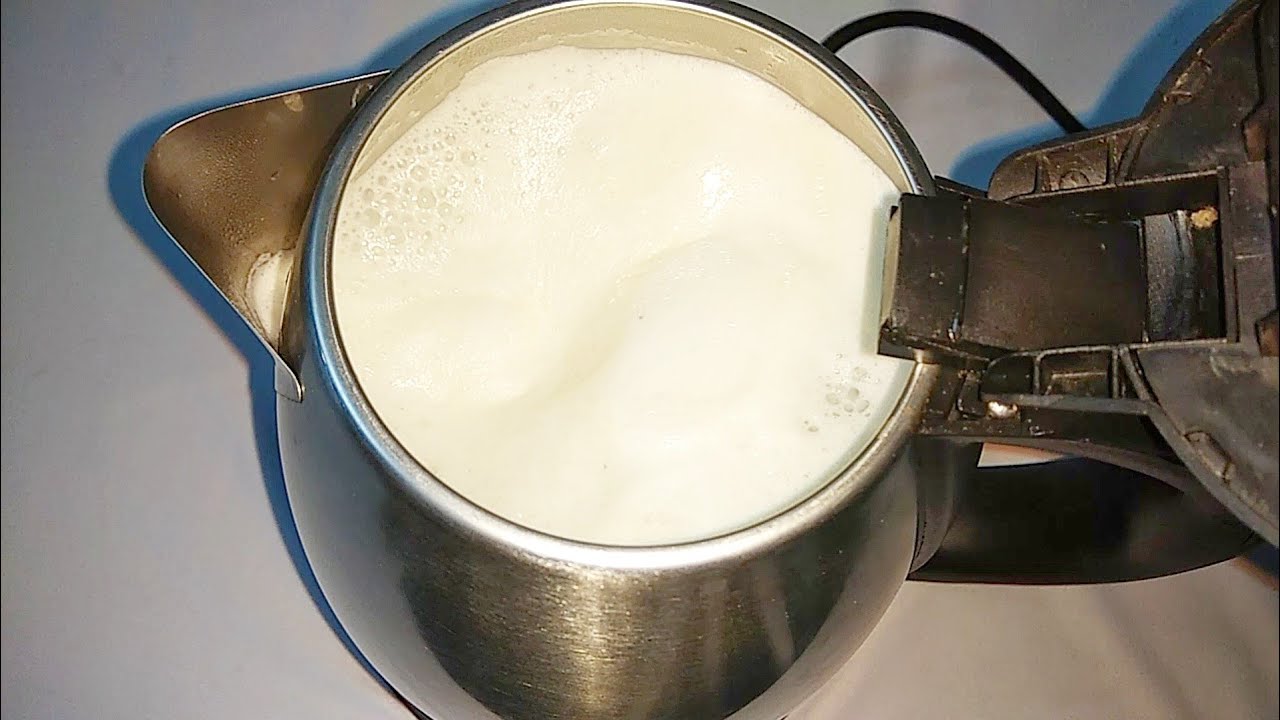
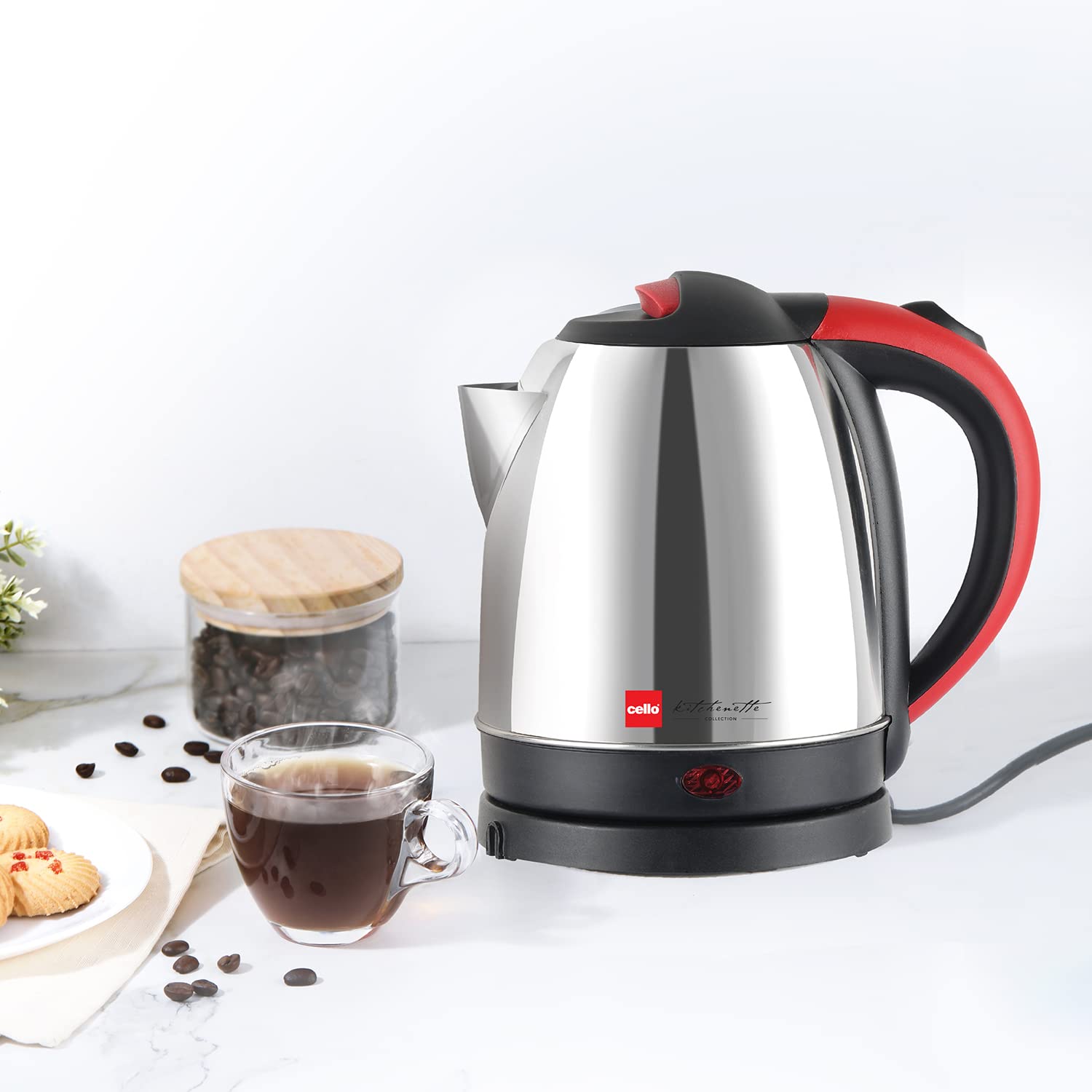
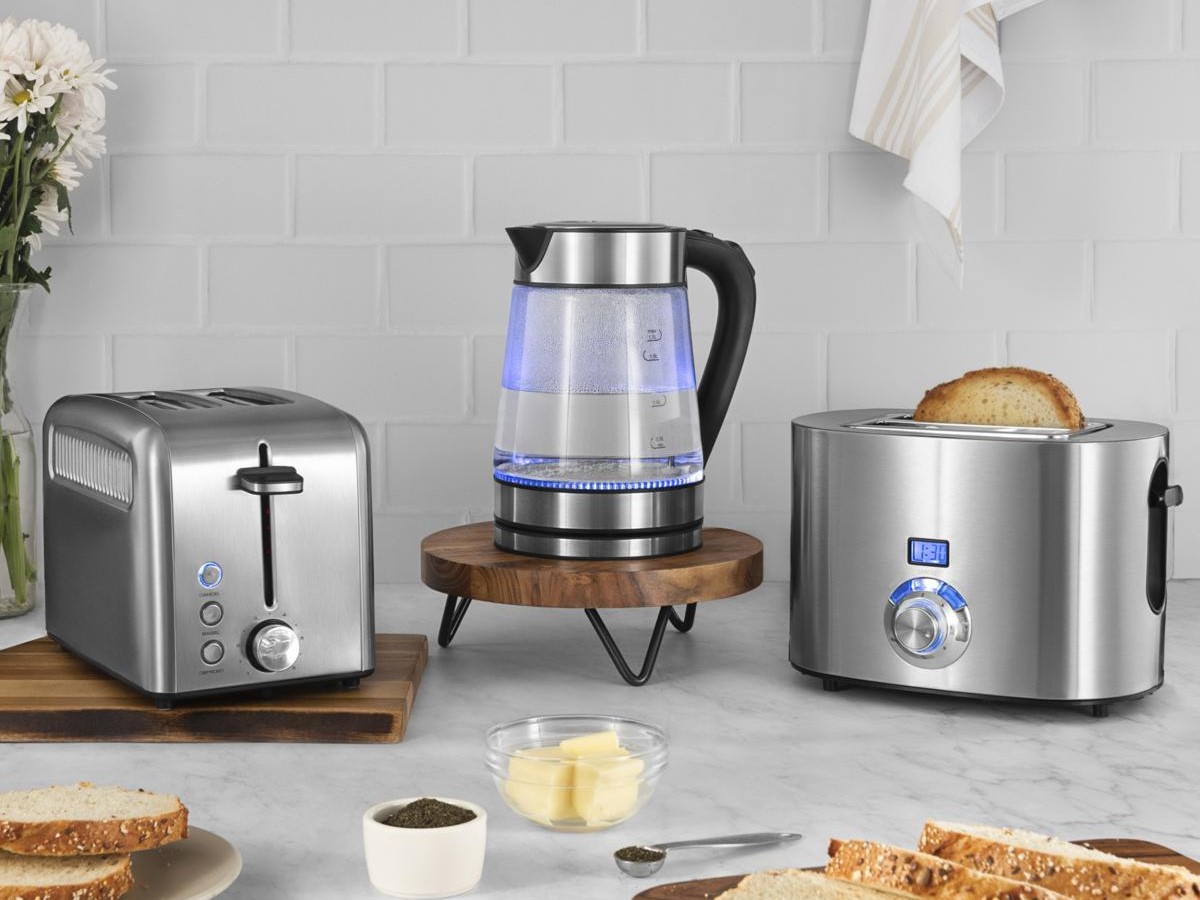
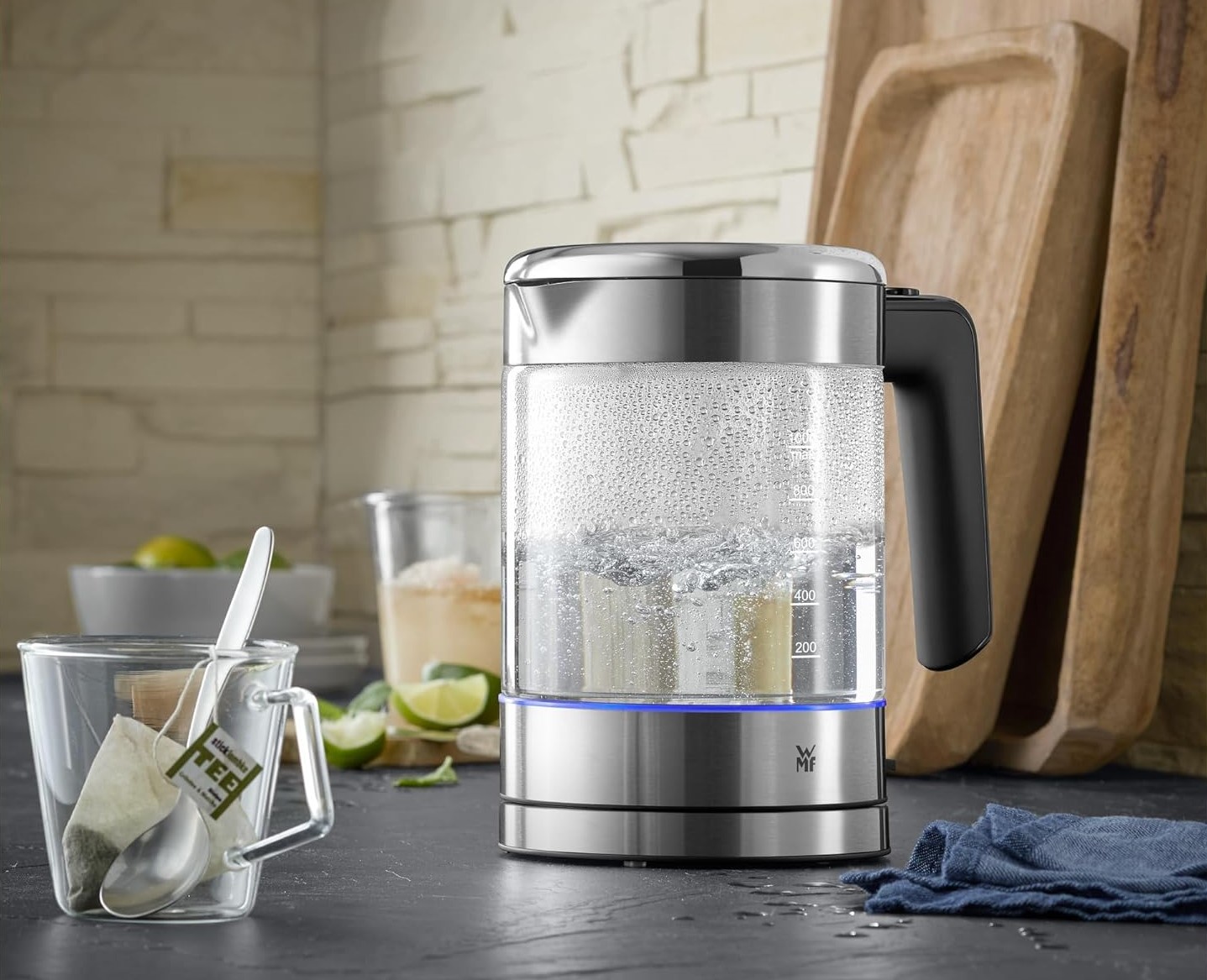
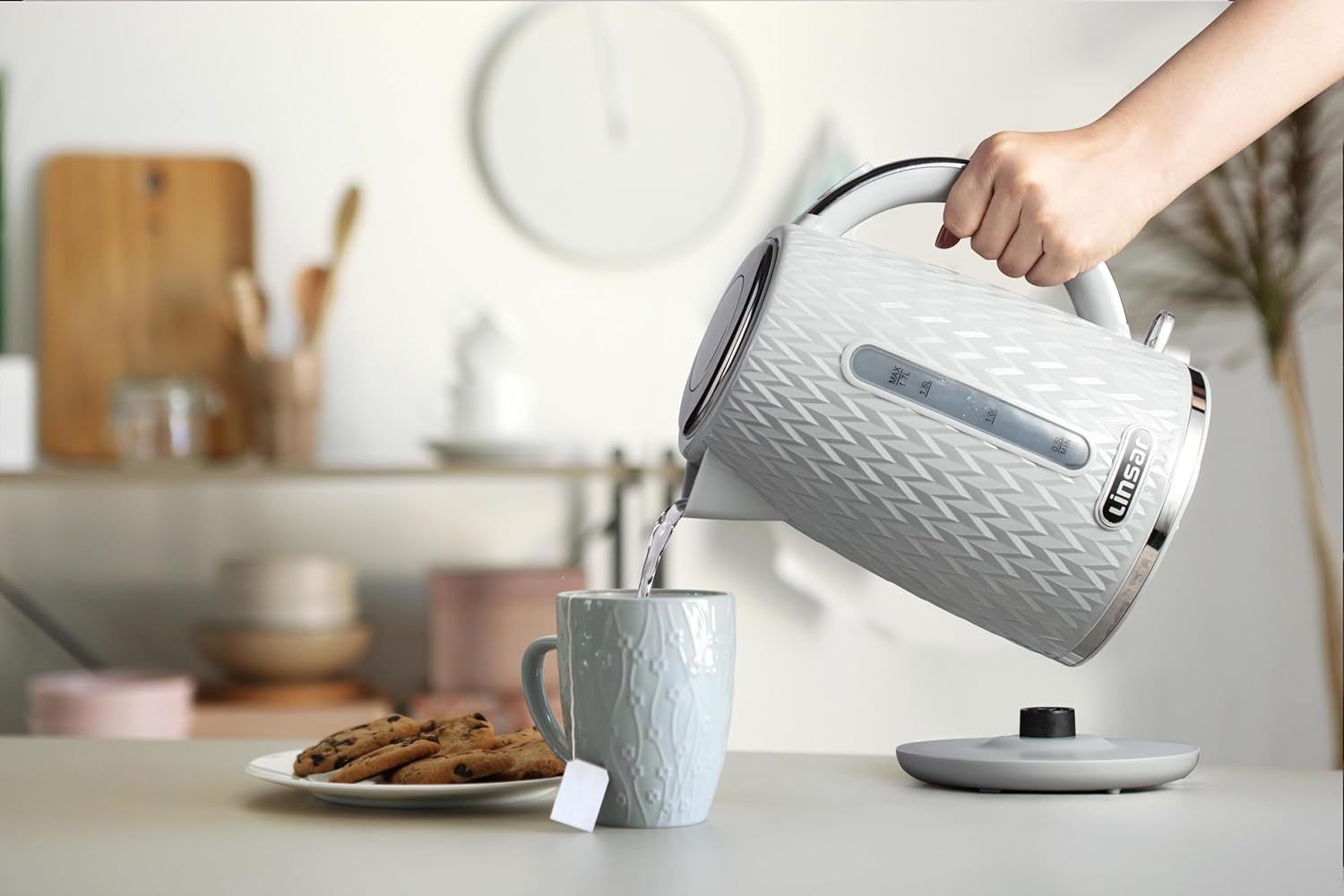
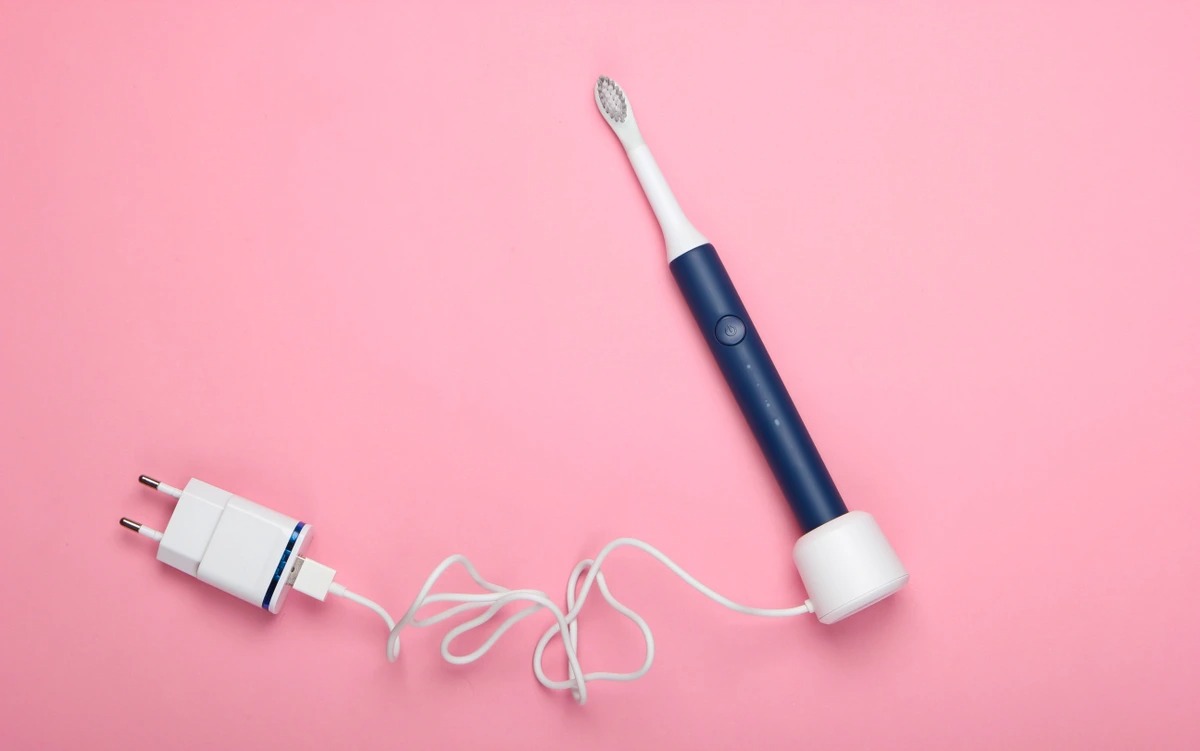
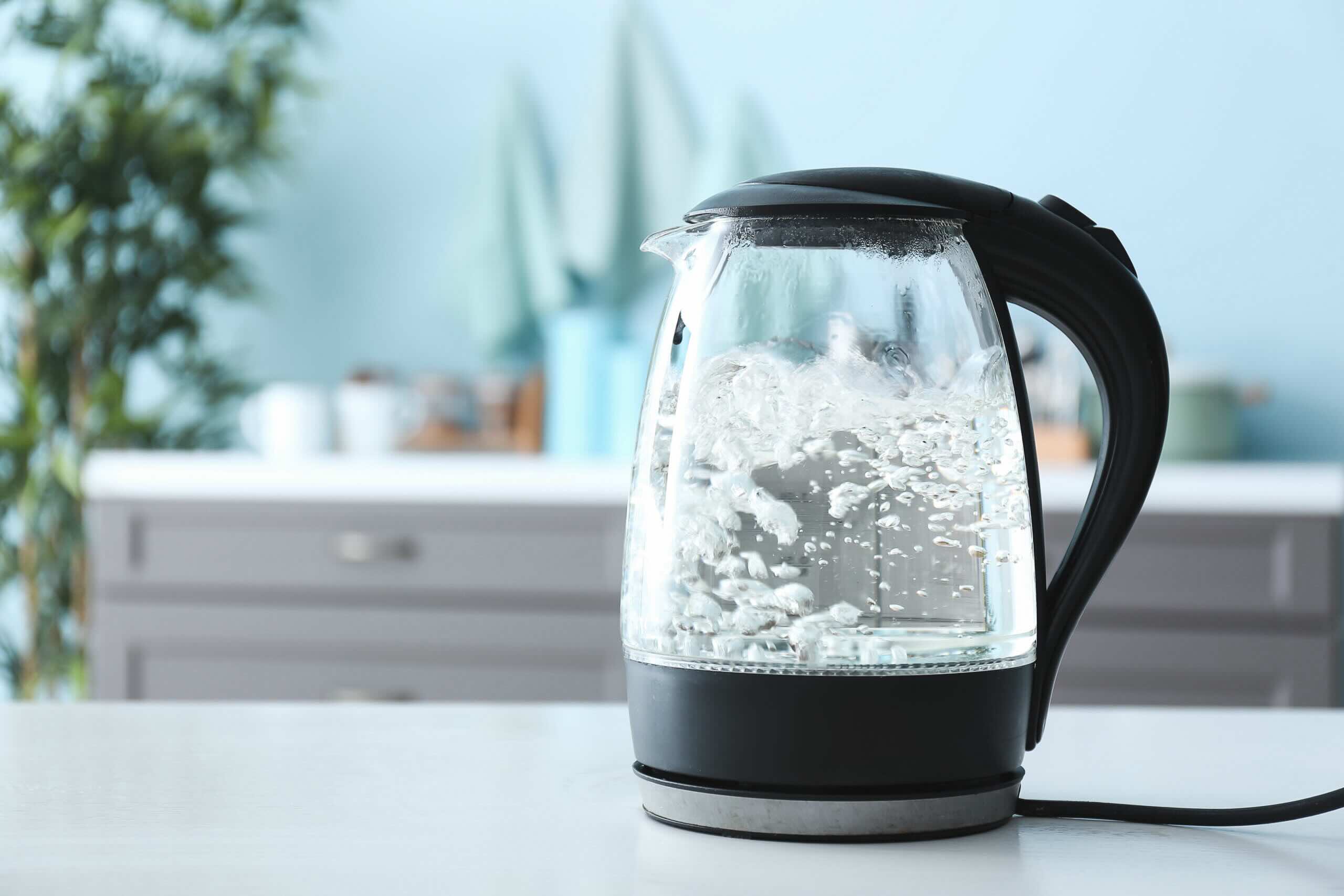
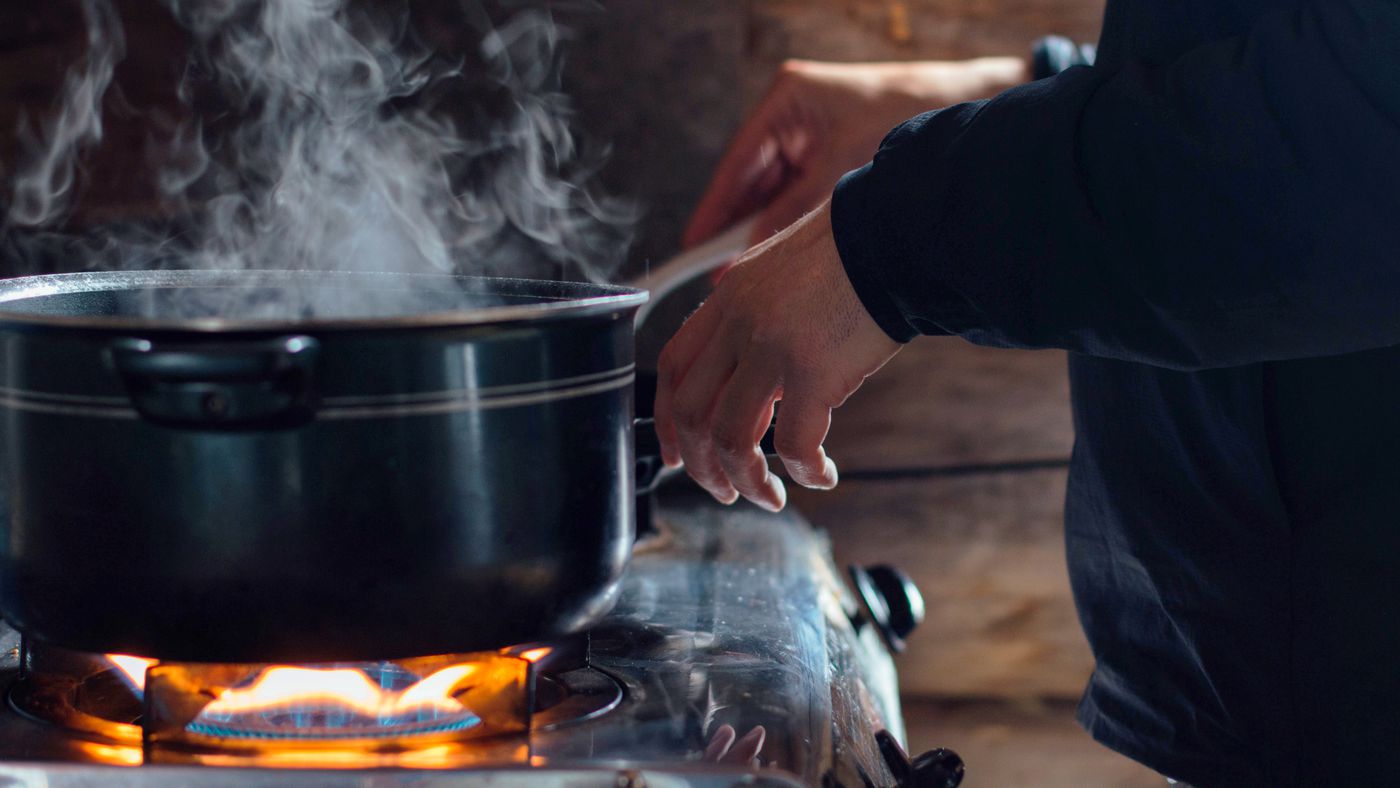
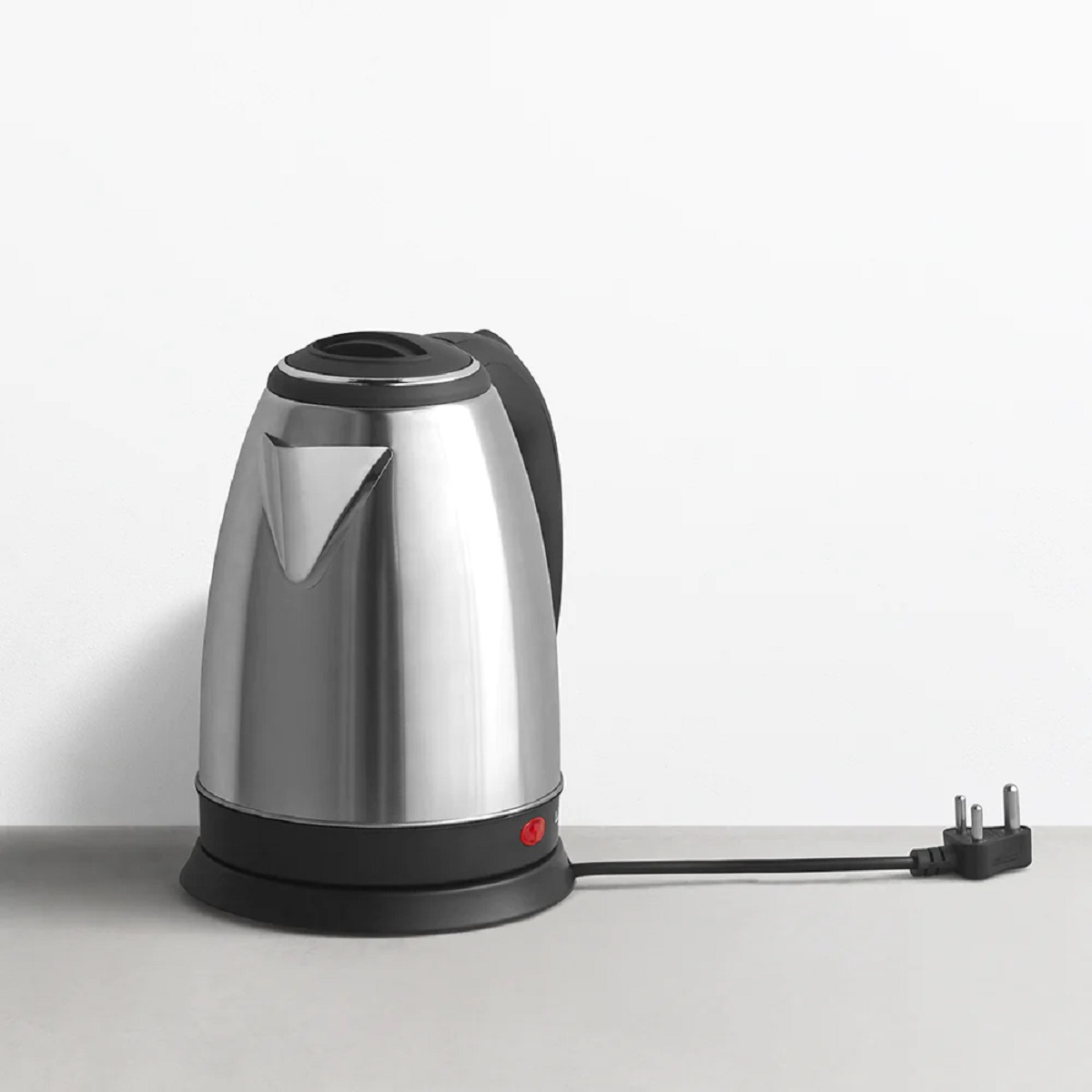
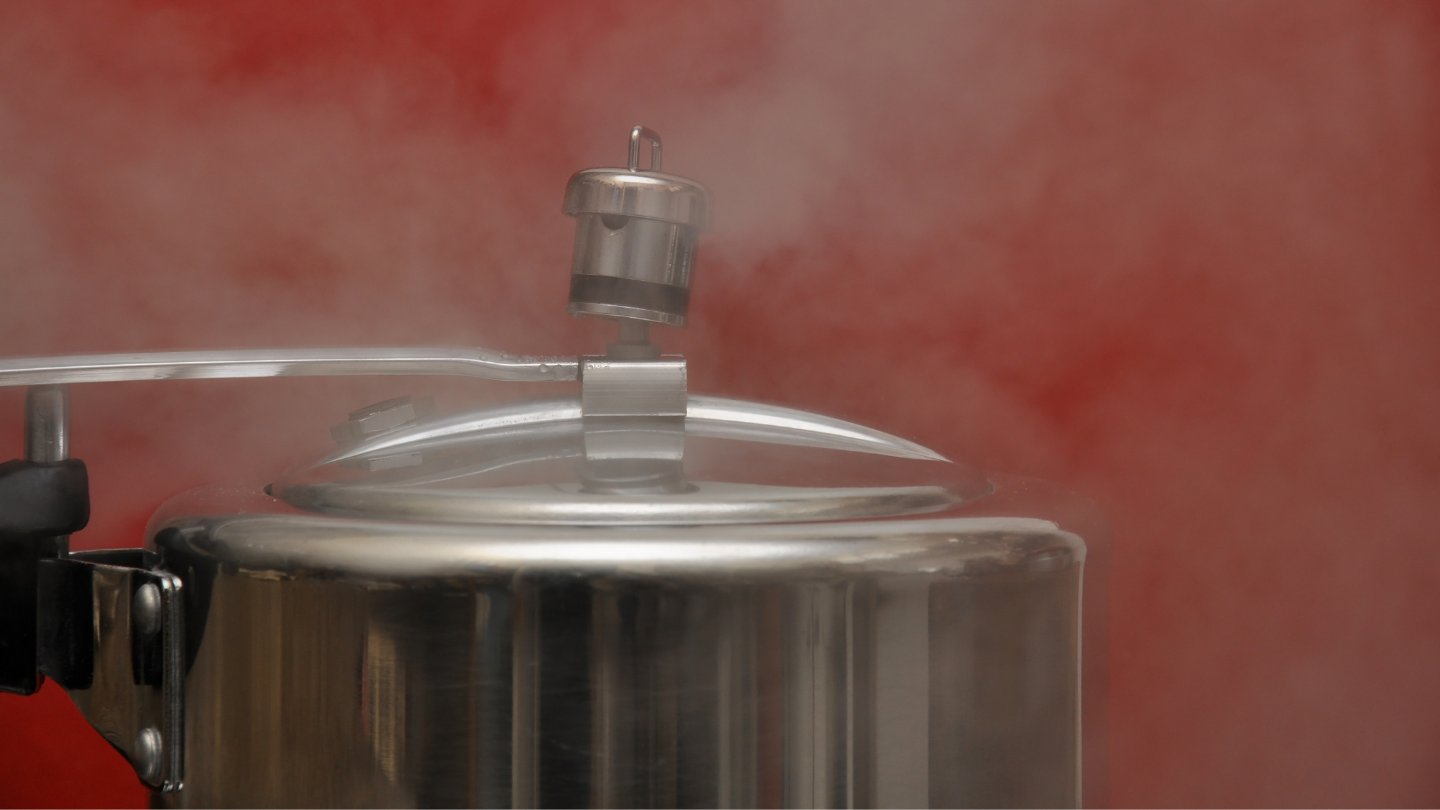
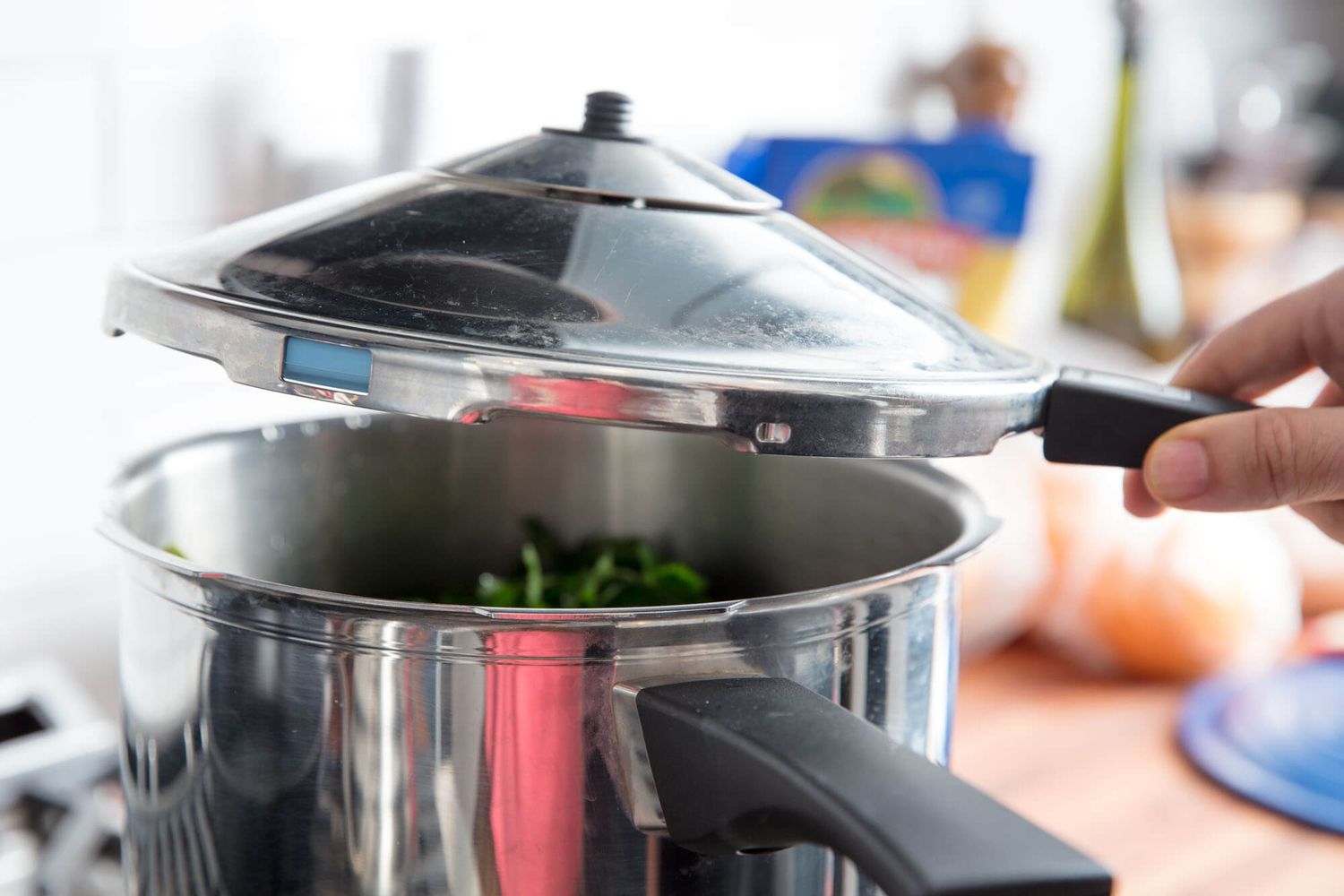
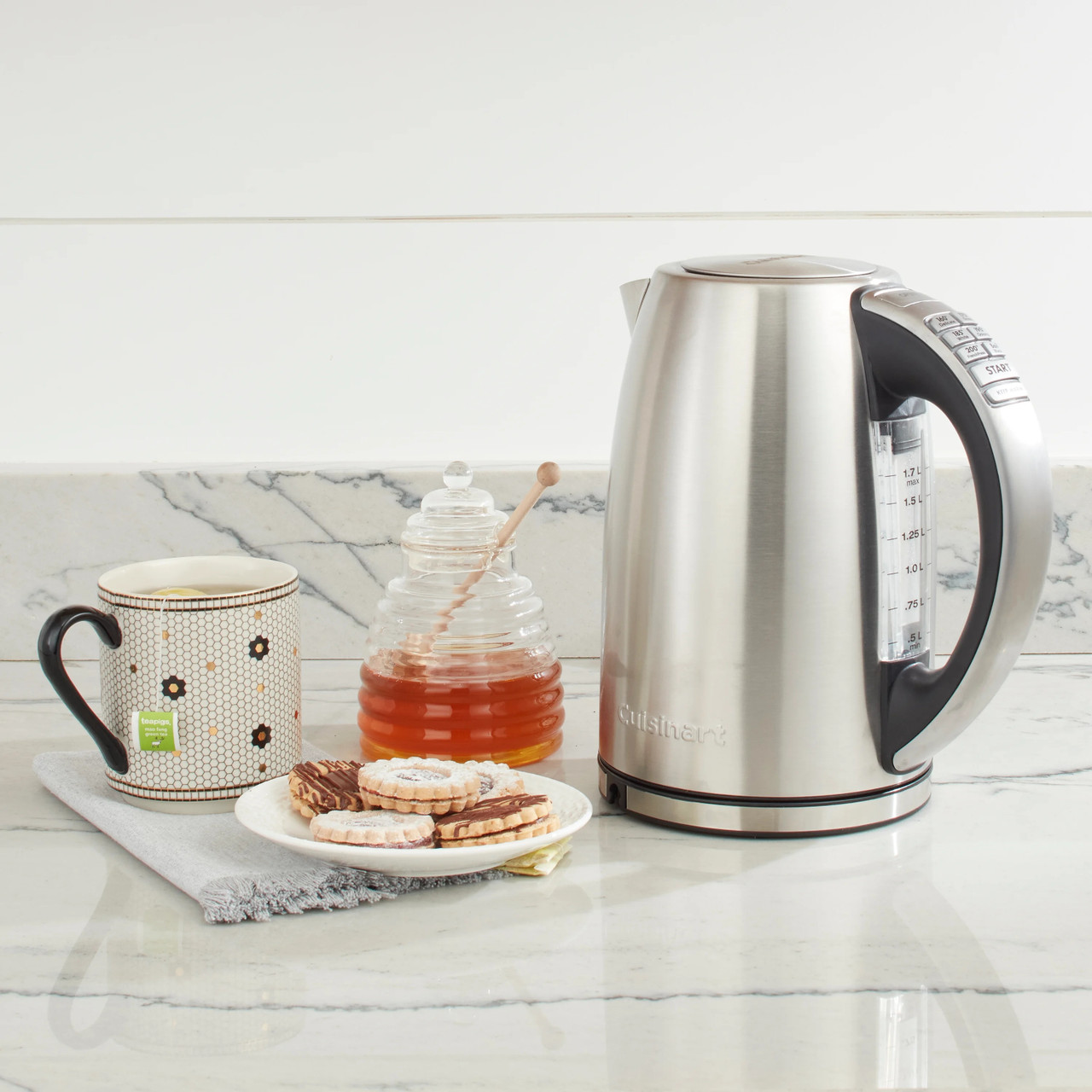
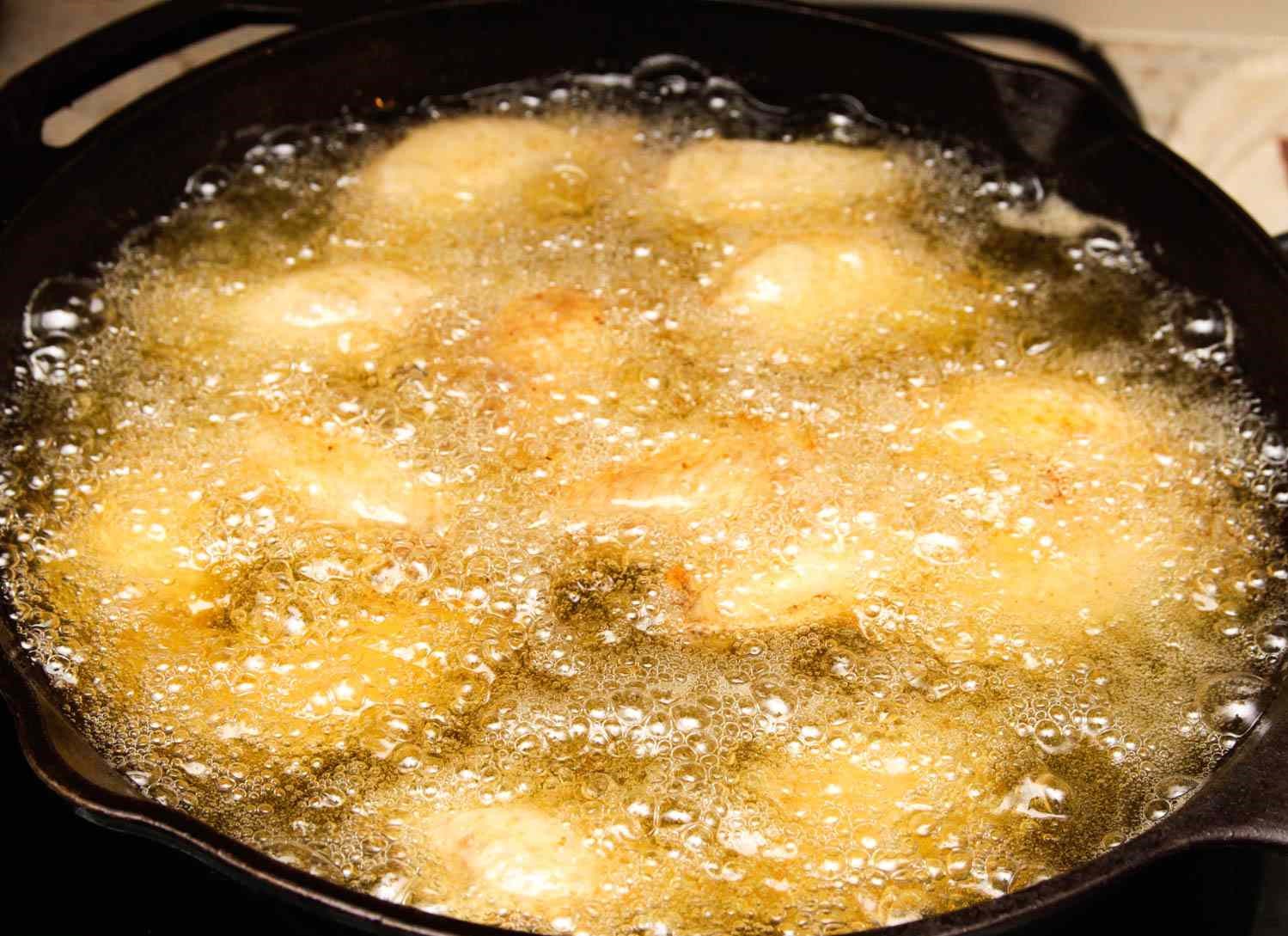

0 thoughts on “How Long Does An Electric Kettle Take To Boil”